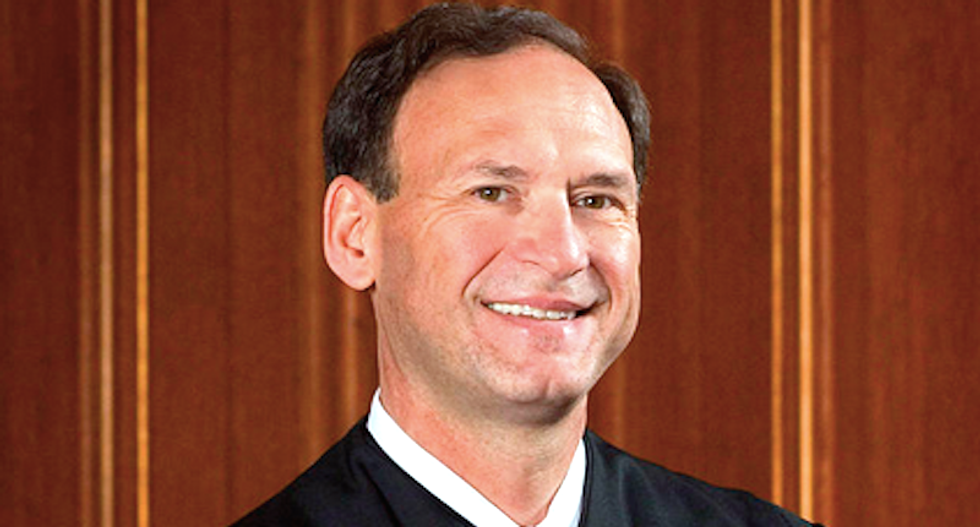
The Supreme Court held the proceedings Tuesday for the cases demanding financial records for investigations about President Donald Trump's personal taxes and financial information as it pertains to investigations by Congress and a New York prosecutor.
There are three cases involved in the matter, all of which involve the president's attempts to stop his accounting firm and two banks from complying with subpoenas for the records.
During the oral arguments, Law Professor Jennifer Taub was vehement about the White House's arguments and the ways in which some conservative justices seemed to be doing the White House's job for them. But other conservative justices seemed skeptical of the White House's defense.
Justice Clarence Thomas seemed willing to speak out for the White House by calling the subpoenaed records "private documents."
Fellow conservative Justice Samuel Alito, on the other hand, seemed more willing to make the case that these documents don't fall under any laws or rules about the Office of the Presidency because they preceded the president being in office.
The documents "are about personal activities from before they were elected?" asked Alito at one point. Trump's team seems to be arguing that the Office of the Presidency has the power to protect Trump from the beginning of his life and into the future.
"Heck yes!" Professor Taub exclaimed at one point. "Alito is saying what about statutes of limitations or practicality. Why couldn't grand jury subpoenas move forward from the state as if presidential immunity then a president could get away with a crime?"
Fellow Justice Stephen G. Breyer similarly had questions about people being able to sue the president and leaving it up to local courts to decide whether the person has standing.
"Cases might not survive, but we don't prevent" them from bringing them, Taub paraphrased Breyer.
"Why not just require [the] president to show why it's [an] undue burden and lack of connection," Taub cited Breyer. "He wins. That's Clinton v. Jones. Why not the same here?"
Breyer asked why Trump's lawyer Jay Sekulow wasn't litigating over the burdens it places on the Office of the Presidency. Sekulow said that he doesn't want courts to have a case-by-case decision about those suites, he wants a blanket immunity for Trump.
The timing of the Supreme Court hearings Tuesday means that the high court’s ruling will likely land in the summer while the 2020 presidential election is in full swing. If Trump is forced to comply with the subpoenas, it couldn't come at a worse time for him politically.




